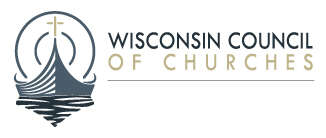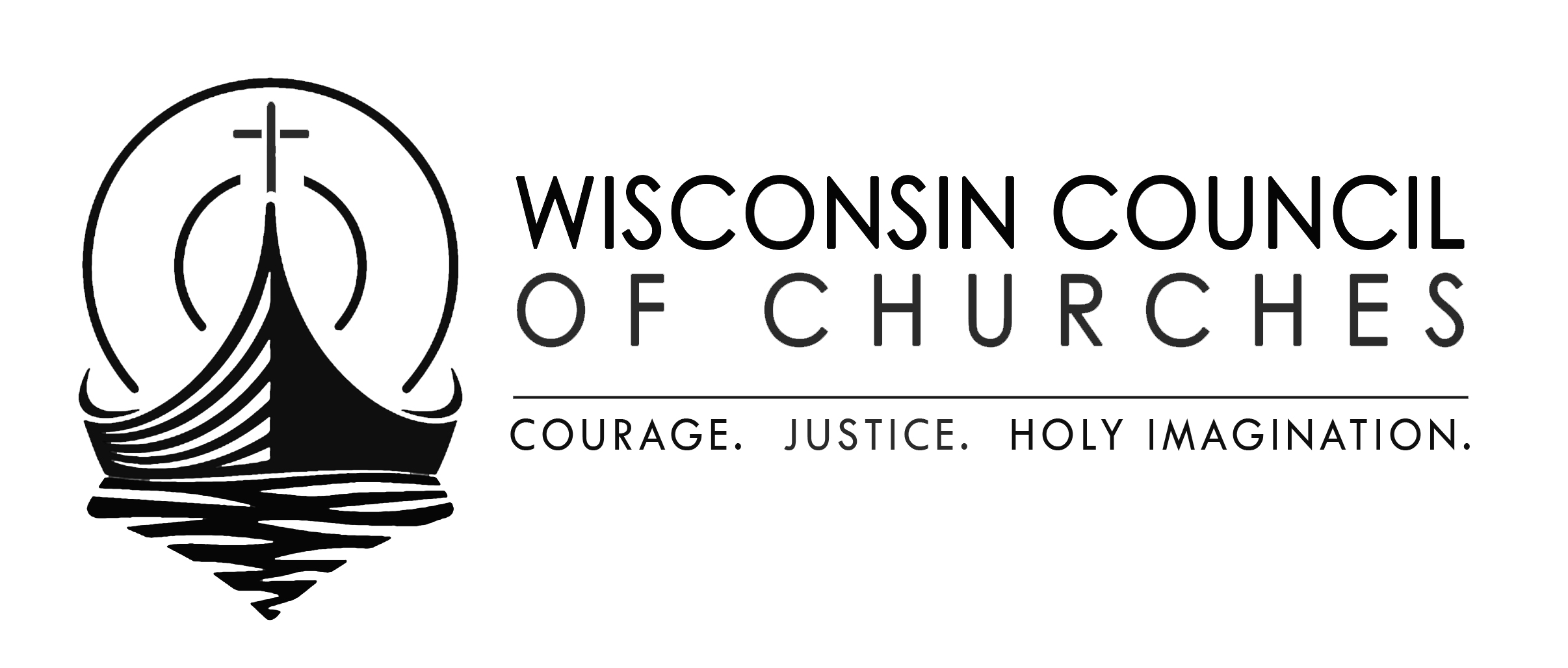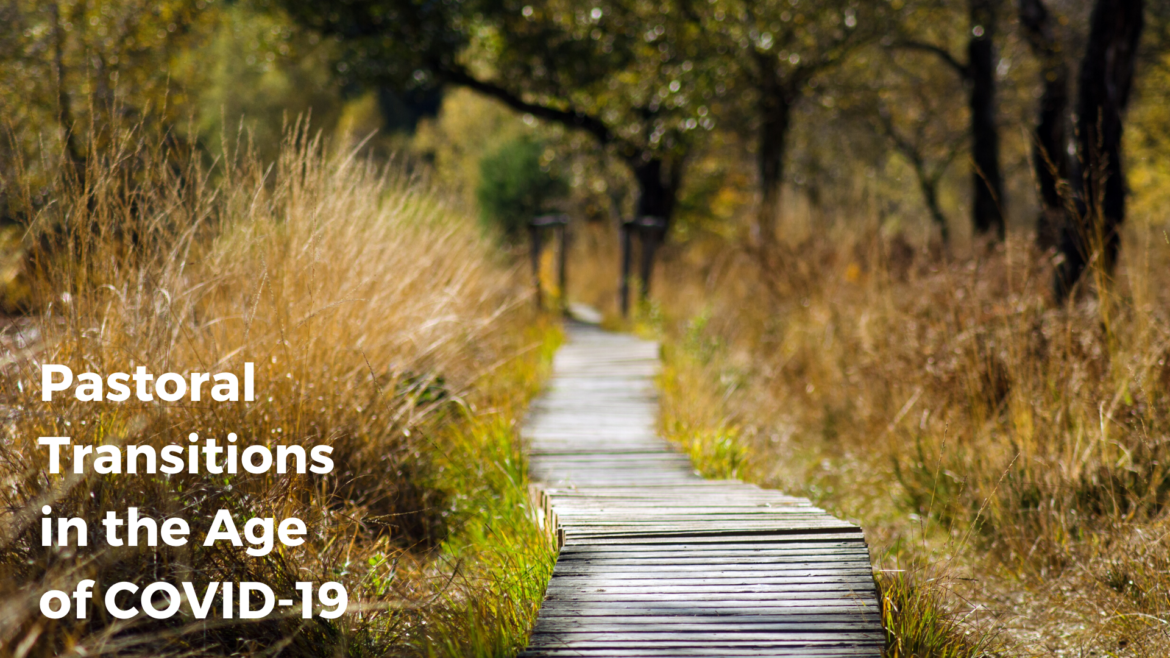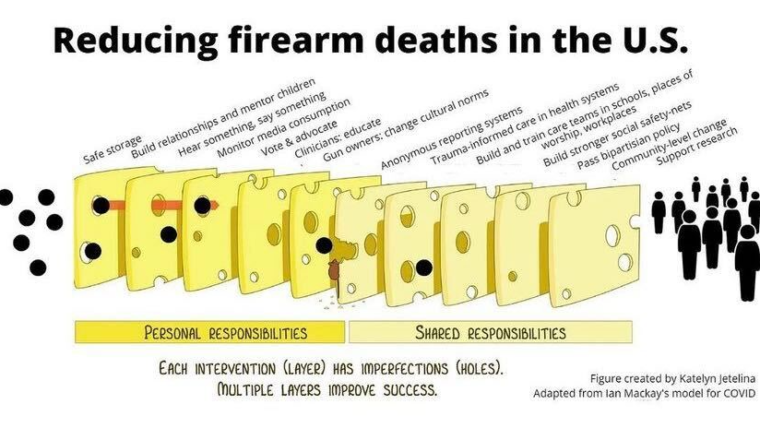While safety concerns due to the COVID-19 pandemic continue to restrict face-to-face interactions, regular transitions in our lives and in the lives of congregations continue to take place. Pastors retire, discern and accept new calls, and congregations receive new pastors. In this period when physical distancing is a factor and congregational life looks very different than it did when many of our relationship rituals were established, pastors and congregational leaders are exploring new ways to mark these important times of transition. Below are some suggestions to spark your imagination, examples from churches that have gone through this experience, and other resources that may help. Our prayers are with you in times of leavetaking and times of relationship-building.
Saying Goodbye Well
There are many reasons a pastor may leave a congregation. Regardless of the reason, it is important to say goodbye well. Consider holding a special time to celebrate the pastor’s ministry as a part of your Sunday worship service. Create a space for people to share memories through recorded testimonies. Many congregations have also hosted a drive by parade at the church where people can say goodbye in person and drop off gifts (if appropriate). Remind participants to wear masks!
Calling a New Pastor
The calling of a new pastor is different in each tradition. Below you will see a written description of the process used by a UCC church in Fond du Lac, which called a new pastor in the midst of the COVID-19 pandemic. The church has also shared other documents they used, with names removed. While the UCC uses a “search and call” process to place ministers, these can be adjusted for your context and tradition.
Description of Process by Chairperson, Pastor Search Committee
First Call Letter to Congregation
Schedule and Volunteer roles for Call Weekend
Transitioning into a New Congregation in the age of COVID-19
When the community does not gather regularly in person, pastors and church leadership must be intentional about doing outreach to both the congregation and the wider community. One tool that leaders have found helpful is using a one-on-one meeting. This comes from a broad-based relational model of organizing and can be used within a congregation to get to know people, to understand the culture, and to connect people together and to the ministry of the church. These meetings can be adapted to be done using technology or in physically distant ways.
Handout on One-on-Ones developed by WCC staff
Rachel Peller, the Community Engagement Manager of Wisconsin Partners, leads a short training on one-on-ones (approx. 10 minutes).
Rachel Peller, Community Engagement Manager of Wisconsin Partners, and Dr. Peter Bakken, Witness and Justice Coordinator of WCC, do a sample one-on-one (approx. 16 minutes)
Do you have other things that have worked well? Let us know, we’d love to share your ideas with others. Email us or message us on Facebook.
Have you appreciated or benefited from our crisis response ministry with respect to the coronavirus? Please share a word of testimony, or make a donation to sustain this work, which is helping clergy and churches here in Wisconsin, and across the nation.





1 Comment
Comments are closed.